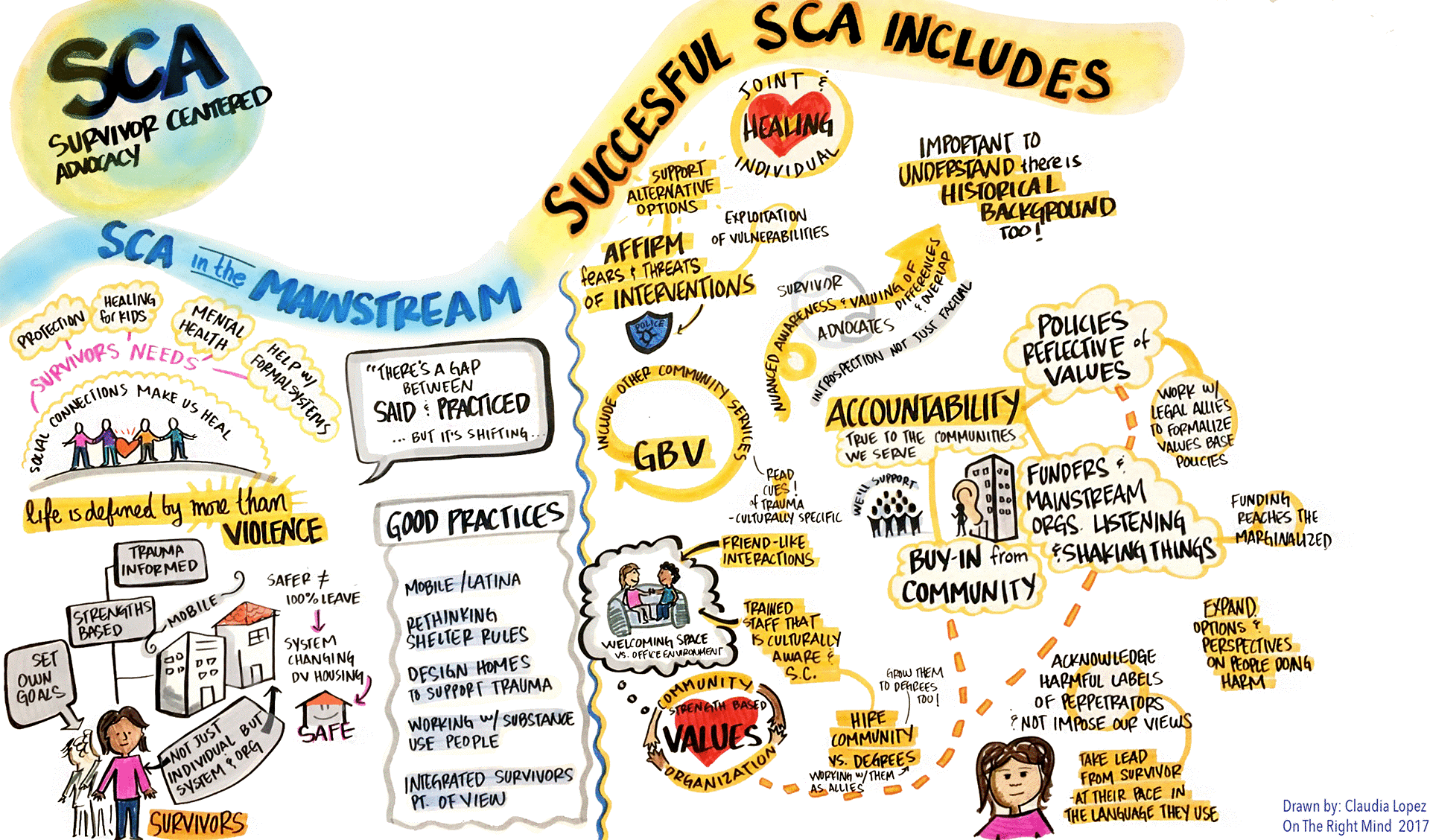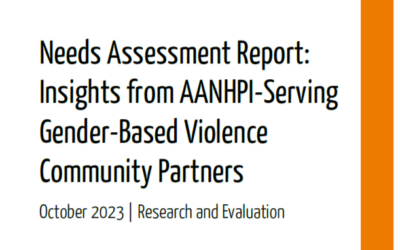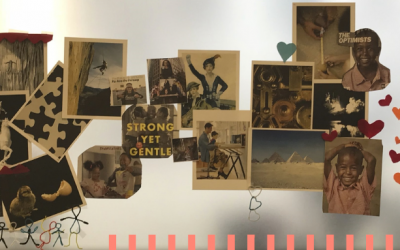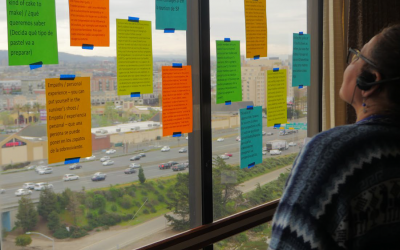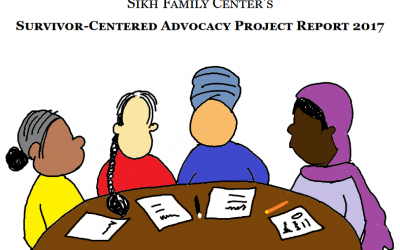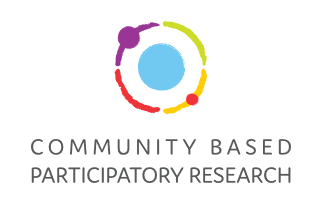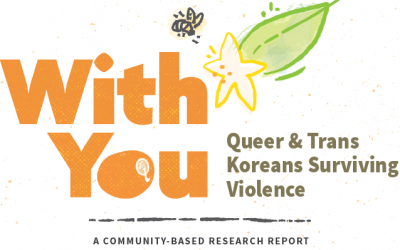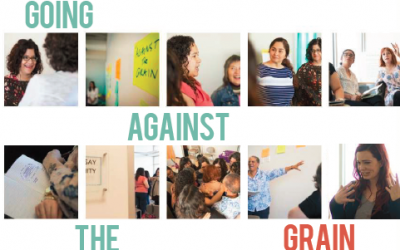Research and Evaluation
Community Based Participatory Research (CBPR) is described as “inquiry with the participation of those affected by an issue for the purpose of education and action for effecting change.”
Green LW, George MA, Daniel M, et al. Study of Participatory Research in Health Promotion: Review and Recommendations for the Development of Participatory Research in Health Promotion in Canada. Vancouver, British Columbia: Royal Society of Canada; 1995:4.
The Research and Evaluation team offers training and technical assistance to advocates, researchers, and social and legal service providers. Use the following form to submit a request.
Example topics for requests include:
- Most recent literature and academic journal articles on GBV in API communities
- Survey question and scales for culturally-specific measures of organizational capacity
- Survey questions for inclusive demographic questions that disaggregate API regions and ethnic groups
- Data cleaning and data interpretation advice for research and needs assessment projects
- Content edits regarding report structure, data visualization, and data interpretation
- Consulting on API-specific perspectives in written content such as reports, factsheets, or other deliverables
- Examples of community needs assessments, program evaluations, and research studies by culturally-specific organizations
Survivor-Centered Advocacy Project (SCA)
SCA was a community-based participatory research (CBPR) project funded by the Blue Shield of California Foundation. SCA brought together eighteen culturally specific DV practitioners from historically marginalized communities to co-generate knowledge around the meaning and practice of survivor-centered advocacy in these communities. A subset of five teams also designed and executed a CBPR research project in their own communities. SCA honored and centered the voices and lived experiences of impacted communities, while building their capacity for doing community-led research, and generated findings about culturally specific survivor-centered advocacy that are a significant contribution to the field.
Download the Survivor Centered Advocacy reports below to learn about the project and the field research teams.
Resources
2023 CBO Needs Assessment Report & Summary
This report explores and contextualizes the results from API-GBV's 2023 needs assessment on AANHPI-serving GBV community organizations. The findings support a sustained need for culturally responsive programming and research; specialized training opportunities for...
Innovations in Survivor-Centered Advocacy, 2019
This report describes the next phase of the Survivor-Centered Advocacy Project, supporting four field research teams to translate their findings into practice aimed at transforming the field.
Survivor-Centered Advocacy in Culturally Specific Communities: A Community-Based Participatory Research Project, 2019
The Survivor-Centered Advocacy Project was a California-based research justice project that utilized a community-based participatory research (CBPR) approach. This report illustrates the basic principles of CBPR and makes recommendations for those wishing to do a CBPR project that holds historically marginalized communities at the center; and/or those attempting to align or deepen their practices according to what works for survivors from historically marginalized communities.
Strengthening Our Roots: Listening & Learning from Survivors & Supporters, 2017
By Sikh Family Center
This report, prepared by Sikh Family Center, compiles the qualitative data from 2 focus groups and 3 individual storytelling interviews facilitated by SFC in the Bay Area, California between November 2016 and January 2017. These groups and interviews consisted of survivors of gender-based violence, specifically family violence, as well as community members who regularly work (formally or informally) with survivors of violence.
Power through Partnerships: A CBPR Toolkit for Domestic Violence Researchers
This toolkit is for researchers across disciplines and social locations who are working in academic, policy, community, or practice-based settings. In particular, the toolkit provides support to emerging researchers as they consider whether and how to take a CBPR approach and what it might mean in the context of their professional roles and settings. Domestic violence advocates will also find useful information on the CBPR approach and how it can help answer important questions about your work.
With You: Queer and Trans Koreans Surviving Violence: A Community-Based Research Report, 2018
By the Korean American Coalition to End Domestic Abuse
This report is an effort to document and reflect on the experiences of queer and trans Korean survivors of family or intimate partner violence. It shares key findings of the Queer & Transgender Korean American Survey on Family and Intimate Partner Violence in Our Community, as well as two in-person focus groups.
An Exploratory Framework for Community-Led Research to Address Intimate Partner Violence: a Case Study of the Survivor-Centered Advocacy Project, 2018
Susan Ghanbarpour, Ada Palotai, Mimi E. Kim, Aracelia Aguilar, Juana Flores, Amber Hodson, Tara Holcomb, Maria Jimenez, Mallika Kaur, Orchid Pusey, Alvina Rosales, Wendy Schlater & Hyejin Shim
This case study discusses the Survivor-Centered Advocacy Project, a community-based participatory research project that convened anti-violence advocates from culturally specific communities to design and implement research. The project used a unique approach to build grassroots research capacity and center survivors of intimate partner violence from historically marginalized communities. This approach coalesced into the creation of an exploratory Community-Led Research (CLR) framework that incorporated trauma-informed, research justice and language justice principles. The CLR framework responded to community members’ desire to lead, rather than simply participate in, the research process. As a result, five studies were designed and executed by practitioners turned community-based researchers, most of whom had never before engaged in research, except as subjects. The CLR framework integrated the skills and experiences of community-based and external researchers, and led to high levels of engagement, rich data, more equitable research processes and innovative research projects.
Going Against the Grain: A Report from a Survivor-Centered Practices Learning Circle, 2017
Ten cutting-edge organizations, including API-GBV, came together in four facilitated learning sessions to reflect on practices that lift-up survivor-centered approaches.
